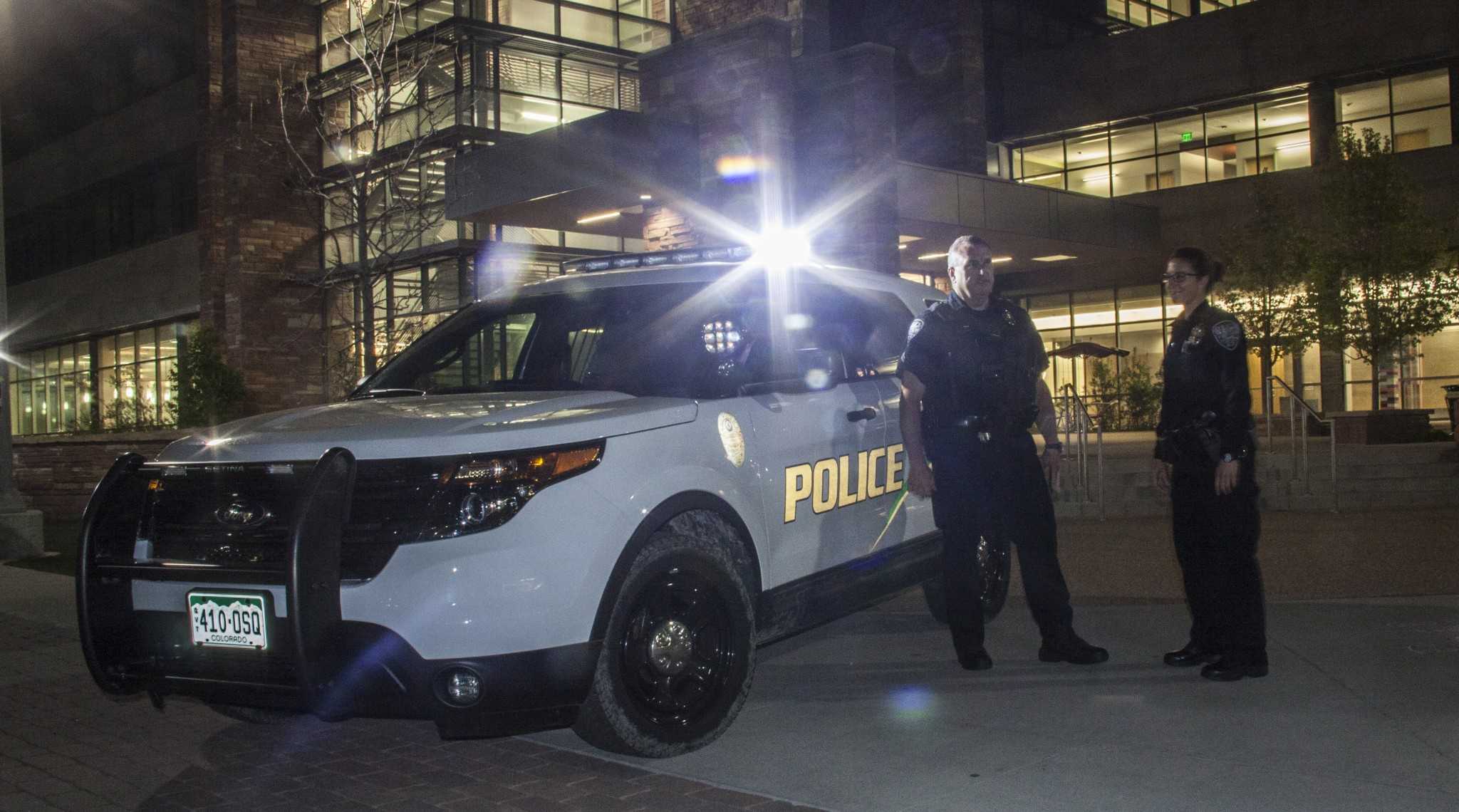
New law gives citizens the right to record police interactions
by Staff Attorney Forest Orswell
_______________________________________________
A PERSON HAS THE RIGHT TO LAWFULLY RECORD ANY INCIDENT INVOLVING A PEACE OFFICER AND TO MAINTAIN CUSTODY AND CONTROL OF THAT RECORDING AND THE DEVICE USED TO RECORD THE RECORDING… Colorado Revised Statute 16-3-311 (1)
In the wake of the Ferguson Missouri police shootings and the New York “I can’t breathe” case, Colorado lawmakers passed a new law giving everyone the right to record any police activity. So, what does this mean for CSU students? Colorado State University Police Department (CSUPD) has conducted research on the use of body cameras, but are not using them at this time. Fort Collins police do have body cameras, but not all officers are equipped with them. Other agencies such as the Colorado State Patrol and Larimer County Sheriff’s Department do not use point-of-view (POV) cameras. So, if you have contact with law enforcement, odds are that your interaction with the officer will not be recorded unless you do it yourself.
Using your cell phone to record police interactions may help assure that you or your friends are being treated fairly by police officers. Additionally, this video will help protect the police officer from a frivolous claim of abuse of power. Many police agencies including the CSUPD are embracing the fact that all police/citizen interactions are likely being recorded either by video or audio. Here are the important points to know:
You as an individual have a right to record your personal contact with any police officer including the Colorado State University Police on or off campus and in the residence halls.
You as a witness to any police action have the right to record that police action even if you are not personally involved with the incident.
The police cannot interfere with your ability to record and keep a recording of your contact except under certain circumstances.
You need to be aware of these exceptions and guidelines:
You may not interfere with police activity. Therefore, if you are asked to move back, stand across the street, or vacate the area you must comply. If you don’t agree with this order, continue to video tape the incident as you move away and make a complaint later. You can be cited for obstruction if you get in the way.
You may want to politely let officers know that you will be recording the interaction with them. Shoving your phone in an officer’s face and proclaiming you have a legal right to record is not a good way to interact.
If you are placed under arrest you will need to comply with an officer’s directions including putting down the phone if asked. Officers have a right to protect themselves and make sure you are not a danger to them. If you are asked to put the phone down do so. A complaint can be filed later if you don’t agree.
Bring any questions or issues to Student Legal Services in the Lory Student Center. We are free for fee paying students and here to help!
-Forrest Orswell, Staff Attorney at CSU Student Legal Services
